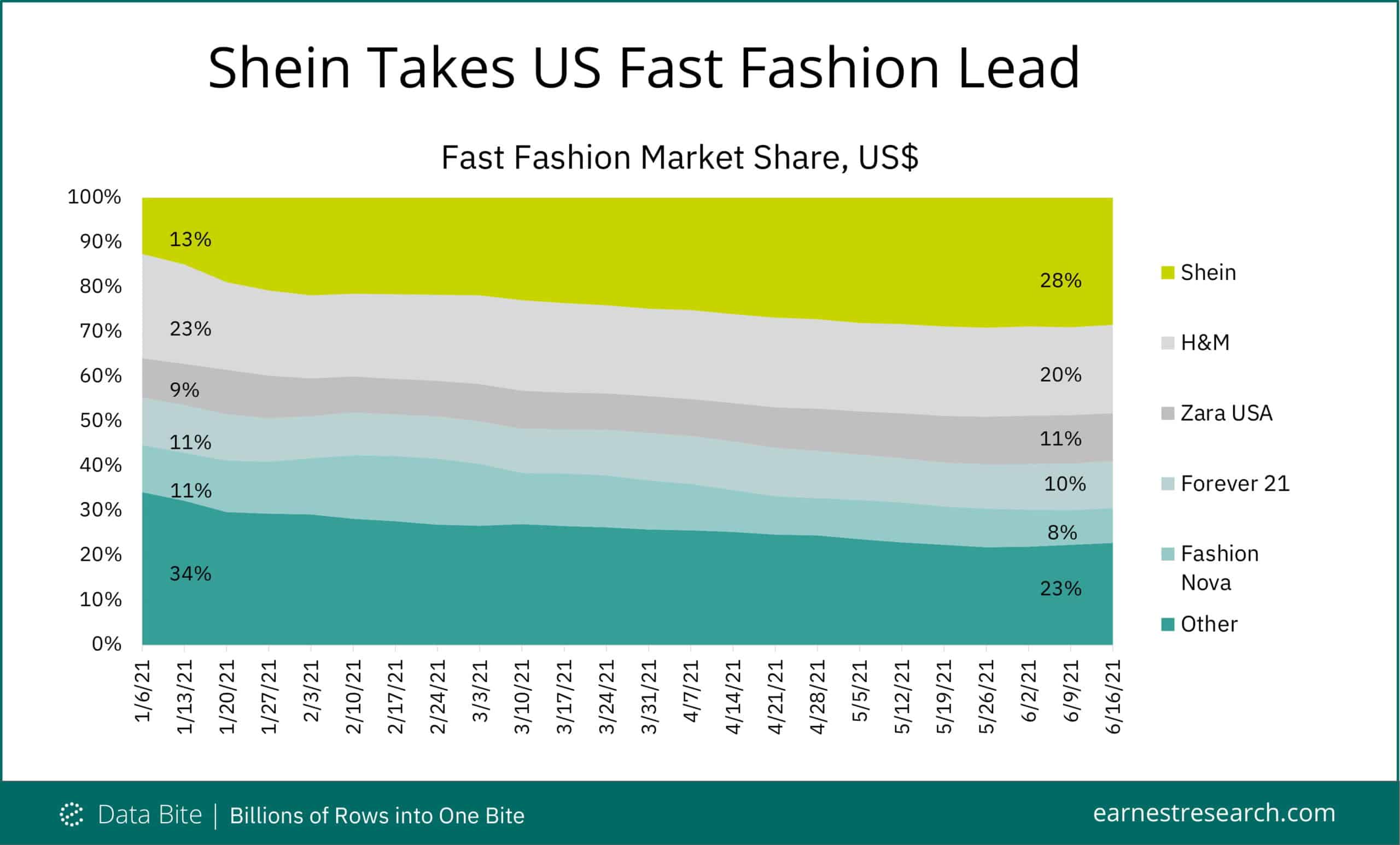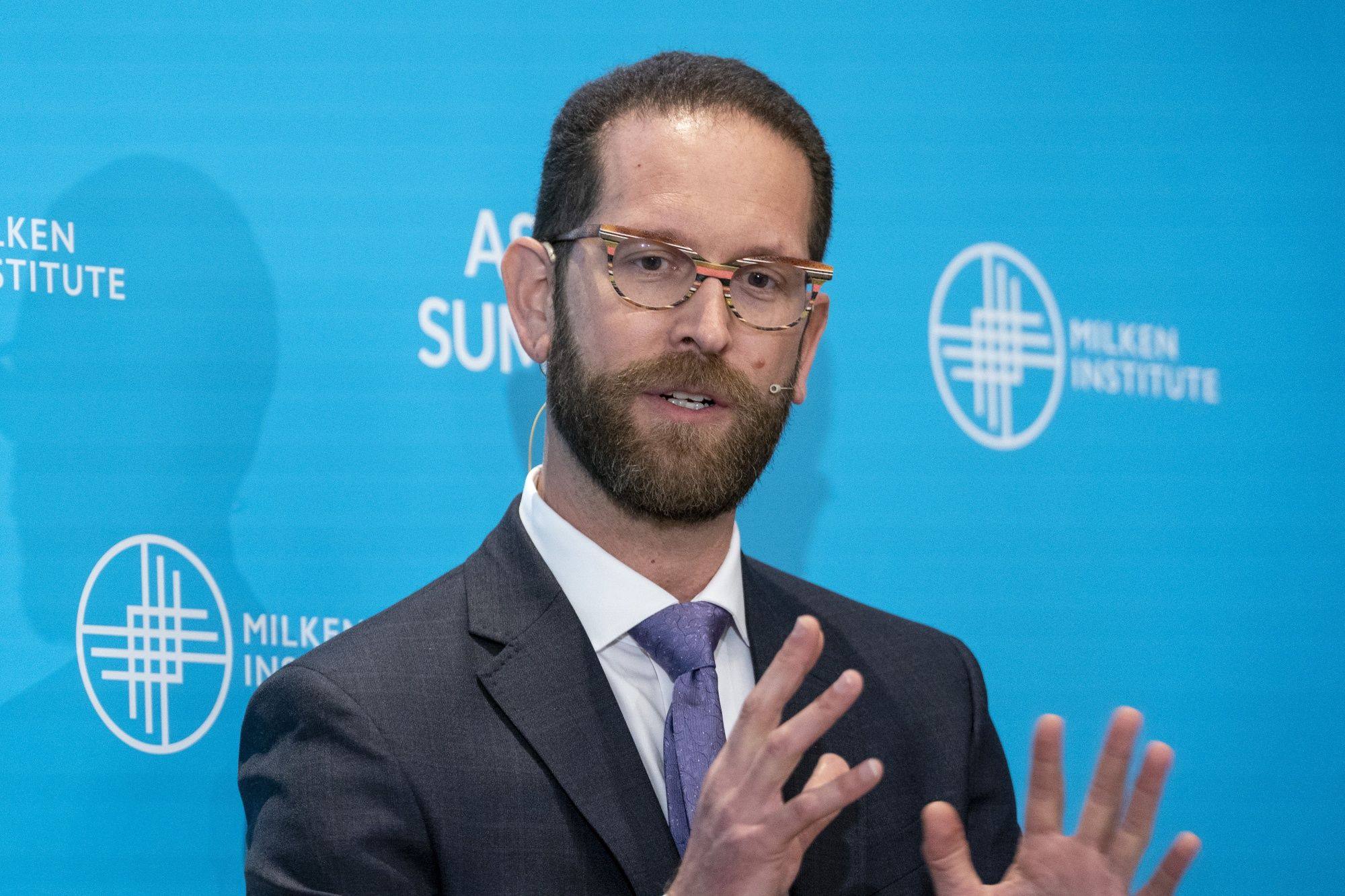Shein: The Fast Fashion Giant Facing Scrutiny Over Labor Practices and Environmental Impact
Editor's Notes: Shein: The Fast Fashion Giant Facing Scrutiny Over Labor Practices and Environmental Impact have published today date. Give a reason why this topic important to read.
Explain our effort doing some analysis, digging information, made Shein: The Fast Fashion Giant Facing Scrutiny Over Labor Practices and Environmental Impact we put together this Shein: The Fast Fashion Giant Facing Scrutiny Over Labor Practices and Environmental Impact guide to help target audience make the right decision.
Key differences or Key takeways, provide in informative table format
Transition to main article topics
FAQs
Shein, the fast-fashion behemoth, has come under fire for its controversial labor practices and environmental impact. This FAQ aims to delve into common misconceptions, concerns, and the ramifications surrounding Shein's operations.

Shein Now Leads Fast Fashion - Earnest Analytics - Source www.earnestanalytics.com
Question 1: What are the allegations surrounding Shein's labor practices?
Shein has faced accusations of employing workers in sweatshop-like conditions, with excessively long hours, inadequate wages, and lack of basic worker protections.
Question 2: How is Shein contributing to environmental degradation?
Shein's business model relies heavily on disposable, low-cost clothing, contributing to textile waste and pollution. The production and disposal of these garments have a detrimental impact on the environment.
Question 3: What is Shein doing to address these criticisms?
Shein has implemented some measures to improve labor conditions, including partnering with third-party auditors and establishing a Code of Conduct. However, concerns persist about the effectiveness of these initiatives.
Question 4: What are the ethical implications of supporting Shein?
Purchasing from Shein raises ethical questions about the potential exploitation of workers and the environmental consequences. Consumers need to consider the long-term effects of their decisions.
Question 5: What alternatives are available to Shein?
There are ethical and sustainable fashion options available that prioritize fair labor practices and environmental responsibility, offering consumers alternatives to fast fashion.
Question 6: What is the future outlook for Shein?
The future of Shein hinges on its ability to meaningfully address its labor and environmental issues. If it fails to improve its practices, consumer backlash and government scrutiny may threaten its long-term viability.
These FAQs highlight the complex and multifaceted concerns surrounding Shein. As the fast-fashion industry faces increasing scrutiny, ethical considerations and sustainability become paramount.
Transition to the next article section
Tips
The fast fashion industry has come under fire in recent years for its labor practices and environmental impact. One of the most prominent examples is Shein: The Fast Fashion Giant Facing Scrutiny Over Labor Practices And Environmental Impact, a Chinese company that has been accused of paying workers poverty wages and producing clothes in an unsustainable manner.
Tip 1: Be aware of the problems with fast fashion.
The first step to reducing your support for fast fashion is to be aware of the problems it creates. This includes issues such as worker exploitation, environmental pollution, and waste.
Tip 2: Choose sustainable brands.
There are a number of sustainable brands that are committed to producing clothes in a more ethical and environmentally friendly way. These brands often use organic materials, recycled fabrics, and fair labor practices.
Tip 3: Buy less clothing.
One of the best ways to reduce your impact on the fast fashion industry is to simply buy less clothing. Only buy items that you really need and that will last.
Tip 4: Take care of your clothes.
Once you have clothes, take care of them so that they last longer. This includes washing them less often, drying them on a low heat setting, and repairing them when necessary.
Tip 5: Donate or sell your old clothes.
When you're finished with clothes, don't just throw them away. Donate them to a local charity or sell them online. This will help to keep them out of landfills and reduce the demand for new clothing.
By following these tips, you can help to reduce your impact on the fast fashion industry and promote a more sustainable future.
Summary of key takeaways or benefits:
- You can reduce your support for fast fashion by being aware of the problems it creates.
- Choose sustainable brands that are committed to producing clothes in a more ethical and environmentally friendly way.
- Buy less clothing and only buy items that you really need and that will last.
- Take care of your clothes so that they last longer.
- Donate or sell your old clothes when you're finished with them.
Transition to the article's conclusion:
By following these tips, you can help to reduce your impact on the fast fashion industry and promote a more sustainable future.
Shein: The Fast Fashion Giant Facing Scrutiny Over Labor Practices And Environmental Impact
Shein, the fast fashion juggernaut, has come under fire for its alleged labor practices and environmental impact. This article delves into six key aspects of this controversy, highlighting the ethical and sustainability concerns surrounding the company's operations.

Chinese fast-fashion retailing giant Shein launches second-hand trading - Source www.scmp.com
- Exploitative Labor: Reports of low wages, excessive working hours, and unsafe conditions in Shein's factories.
- Greenwashing Concerns: Critics question the company's environmental claims and allege a lack of transparency in its sustainability practices.
- Wasteful Production: Fast fashion's emphasis on cheap, disposable clothing contributes to textile waste and pollution.
- Ethical Sourcing: Doubts have been raised about Shein's sourcing practices and its commitment to ethical supply chains.
- Consumer Responsibility: The role of consumers in driving demand for fast fashion and their responsibility to choose sustainable alternatives.
- Regulatory Scrutiny: Increased government and industry pressure to hold fast fashion companies accountable for their social and environmental practices.
These key aspects highlight the complex issues surrounding Shein and the fast fashion industry as a whole. Ethical and sustainable practices must become integral to the fashion sector to mitigate the negative impacts on workers, the environment, and the industry's long-term viability.

Shein, Fast Fashion Hit With Gen Z, Tries Charm to Counter Scrutiny - Source www.nytimes.com
Shein: The Fast Fashion Giant Facing Scrutiny Over Labor Practices And Environmental Impact
Shein is one of the world's largest fast fashion retailers, and its low prices and trendy clothes have made it a popular choice for shoppers around the globe. However, the company has also come under fire for its labor practices and environmental impact. Critics allege that Shein's clothes are made in sweatshops where workers are paid poverty wages and forced to work long hours in unsafe conditions.

Fast Fashion Giant Shein Accused of Stealing From Small Designers - Source hollywood411news.com
In addition, Shein has been accused of using environmentally harmful materials and practices in its production process. The company has denied these allegations, but it has faced mounting pressure from consumers and activists to improve its labor and environmental practices.
The Shein case highlights the complex challenges facing the fast fashion industry. Fast fashion is a business model that relies on producing large quantities of cheap clothing that is often designed to be worn for a short period of time. This model has come under increasing scrutiny as consumers become more aware of the social and environmental costs of fast fashion.
The Shein case is a reminder that there is a human and environmental cost to the cheap clothing we buy. Consumers should be aware of the conditions in which their clothes are made and the impact that their purchases have on the environment. They should also support brands that are committed to ethical and sustainable practices.
- The fast fashion industry is facing increasing scrutiny over its labor practices and environmental impact.
- Shein is one of the world's largest fast fashion retailers and has come under fire for its alleged use of sweatshops and environmentally harmful practices.
- Consumers should be aware of the human and environmental cost of the clothes they buy and support brands that are committed to ethical and sustainable practices.